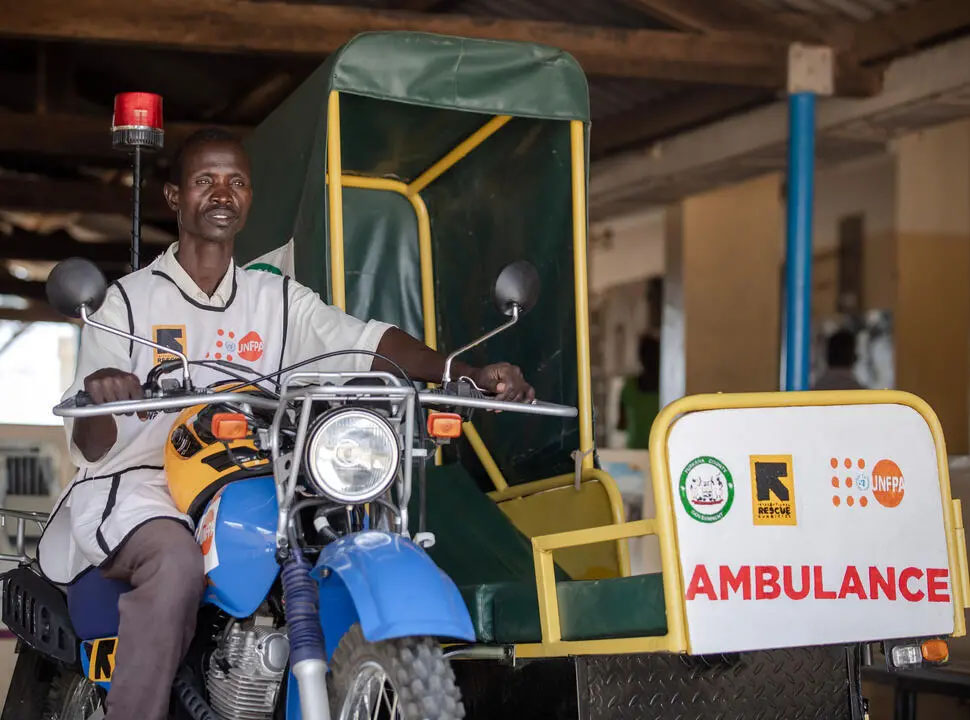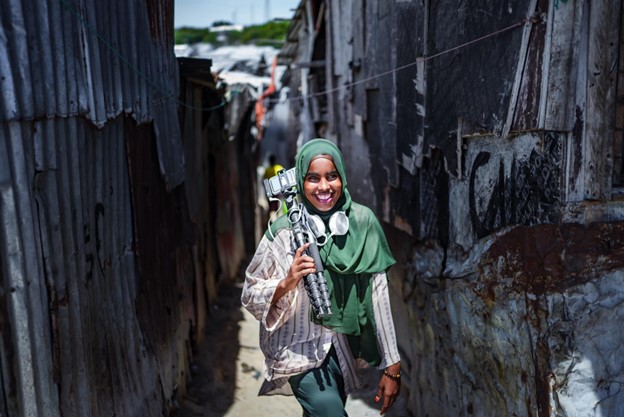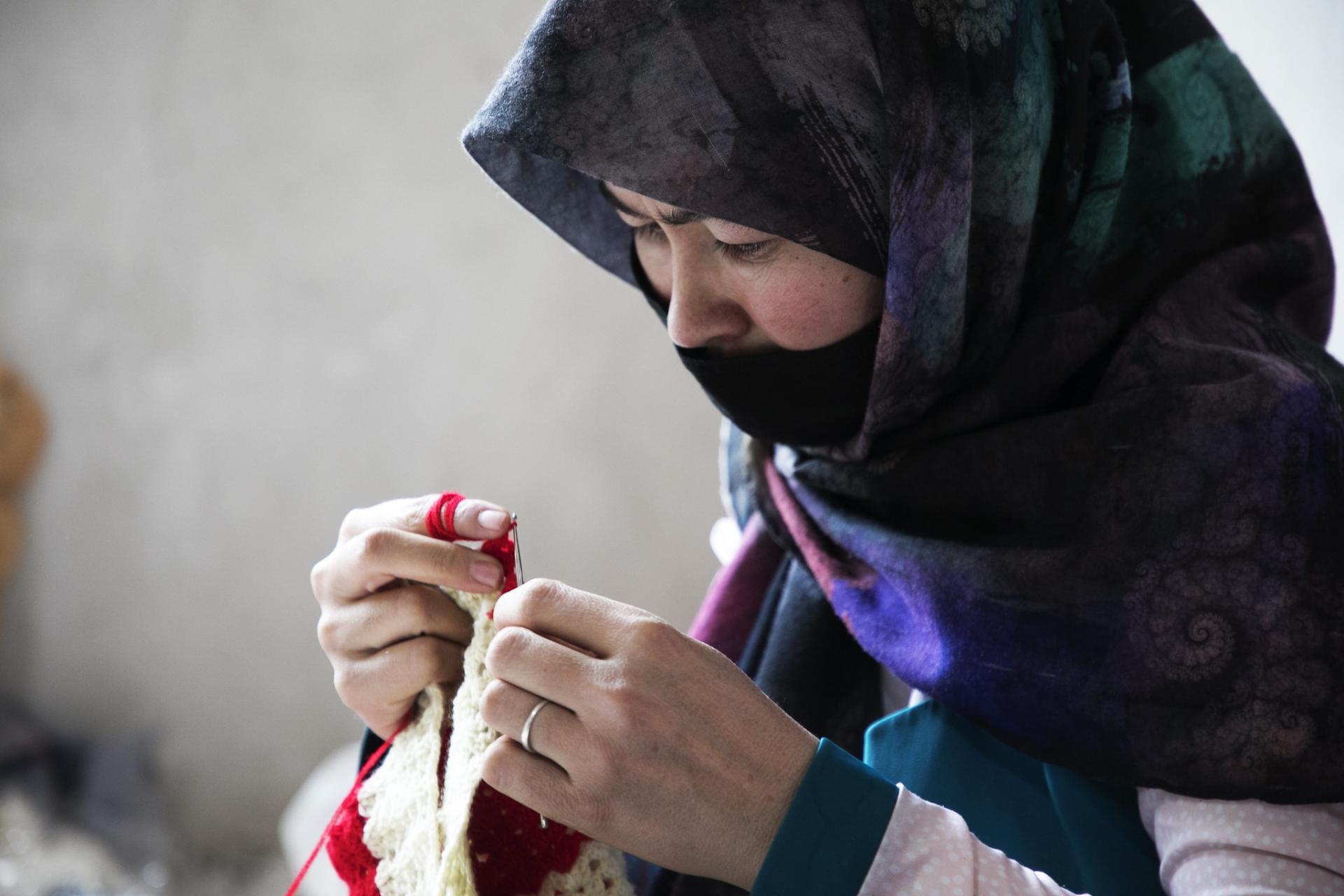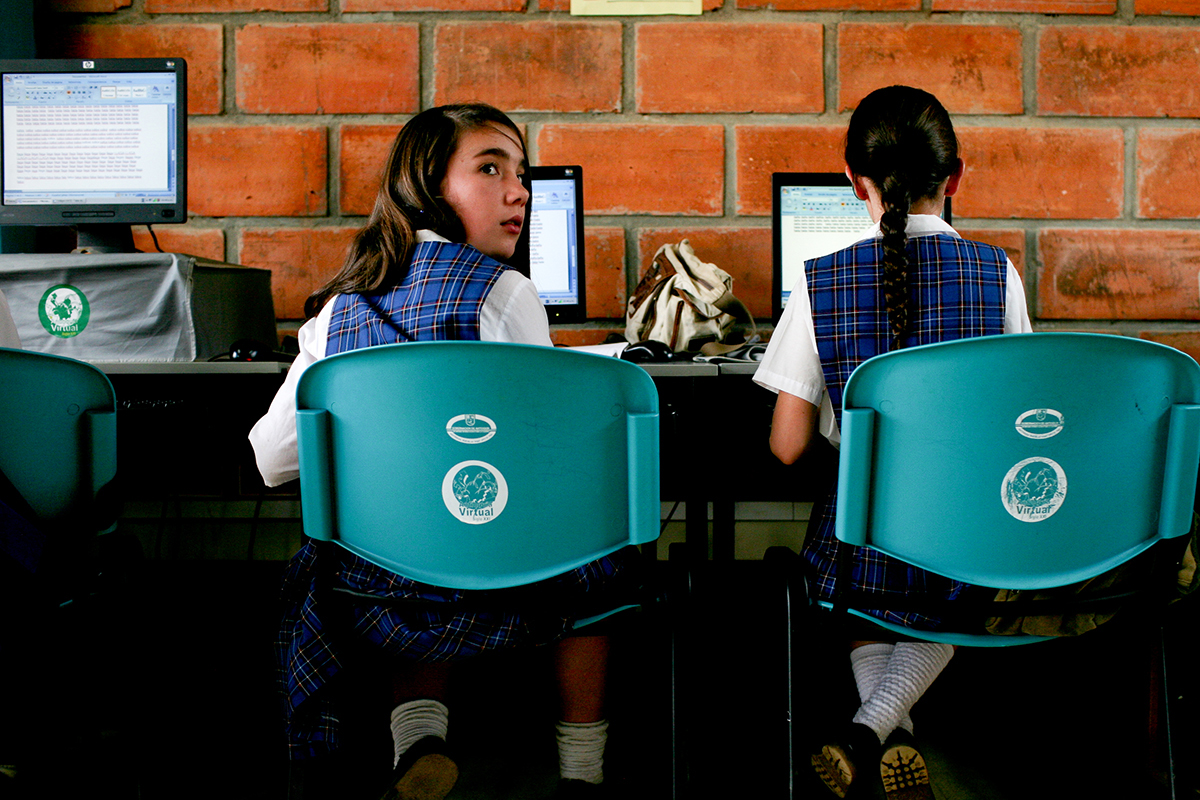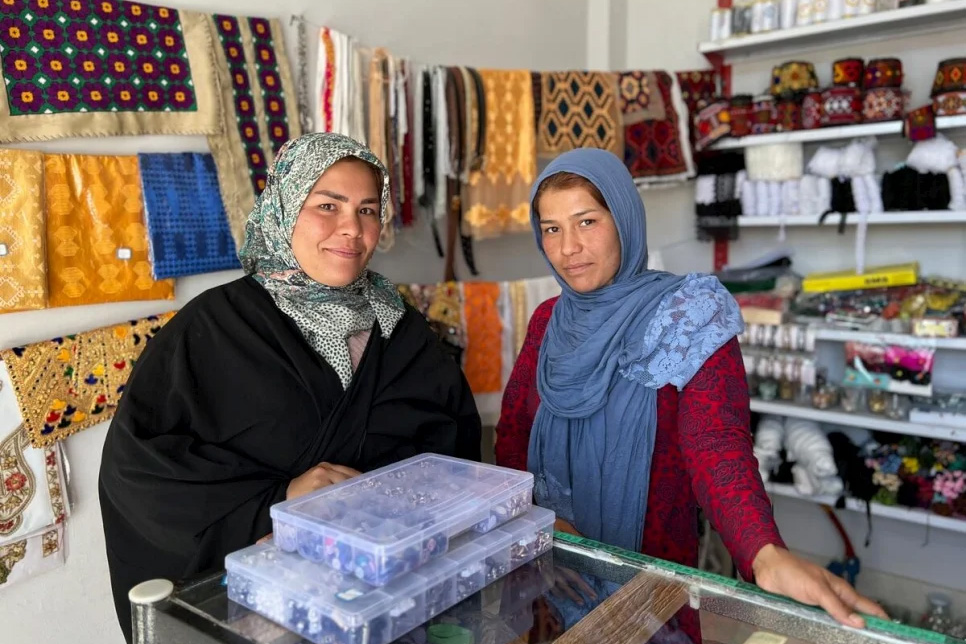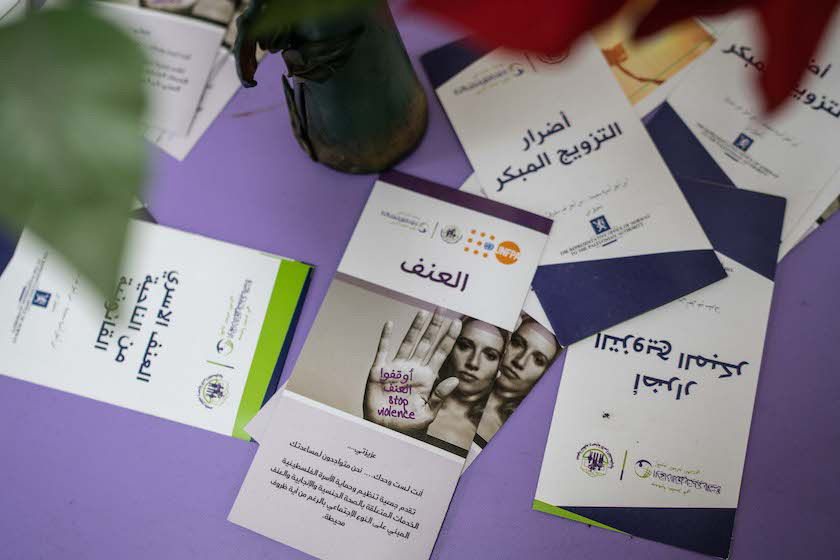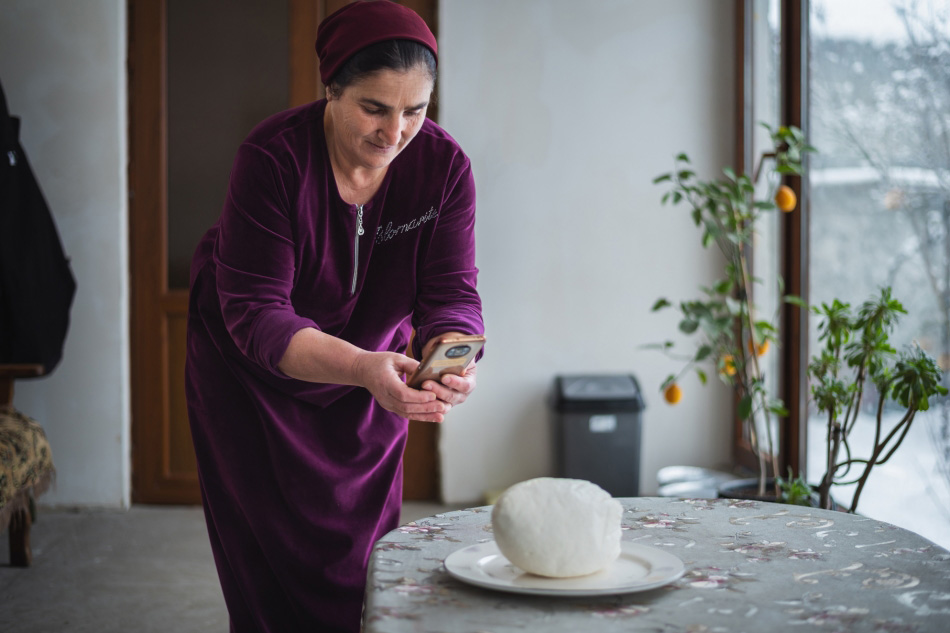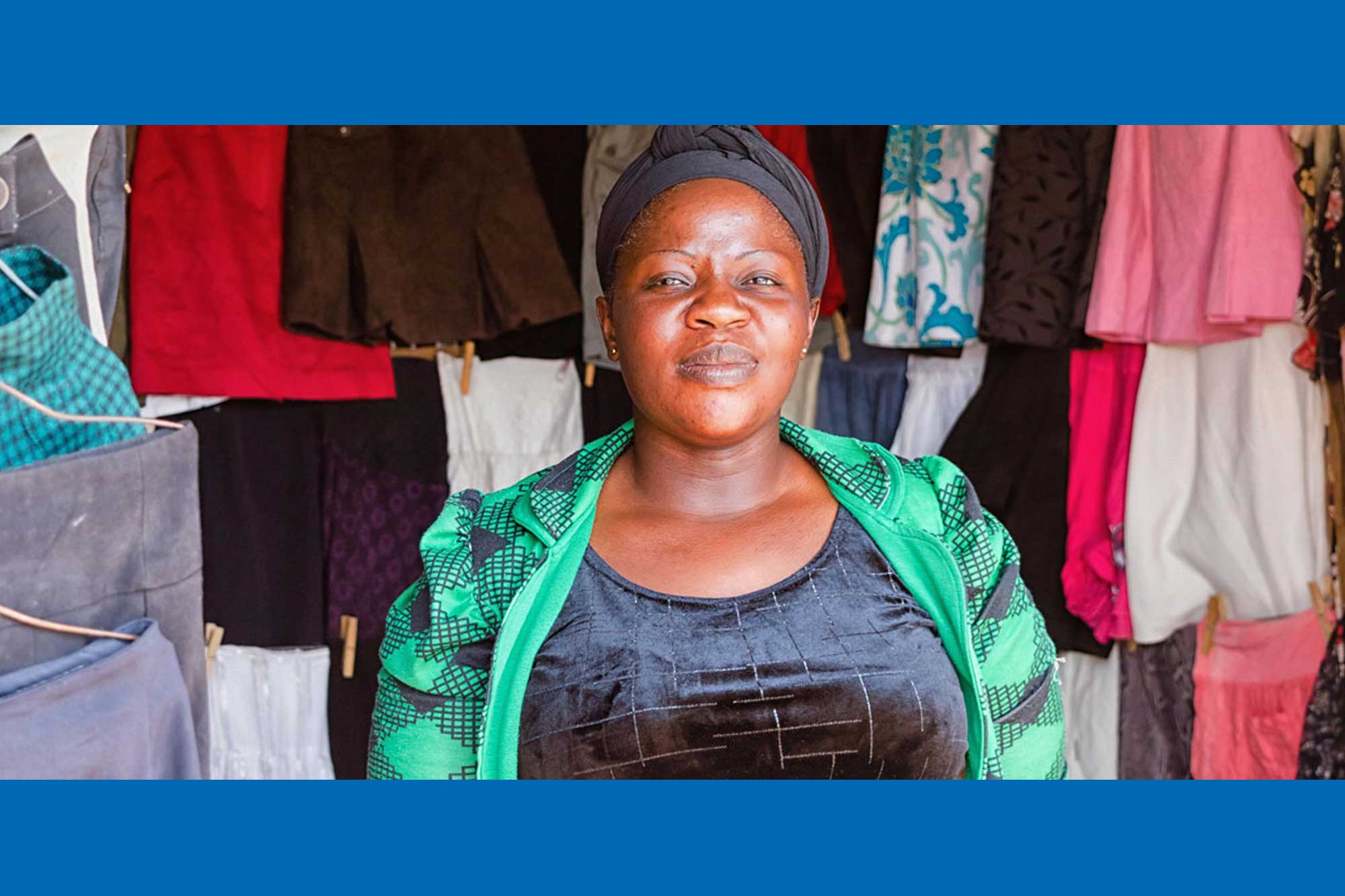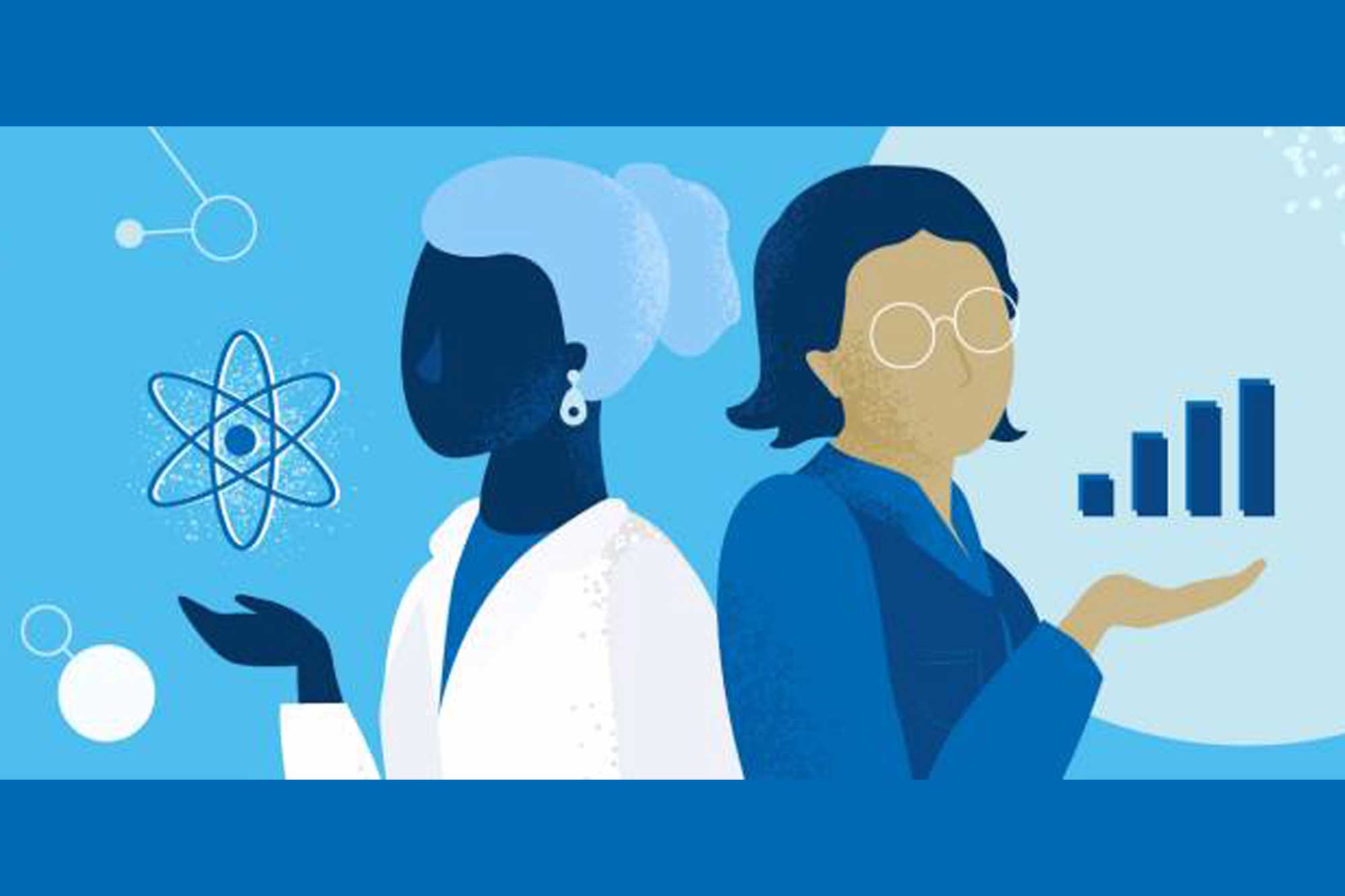To tackle period poverty, UNFPA and its partners manufacture sanitary pads and distribute them among women and girls in The Gambia.
Women and Gender Equality
Period poverty
UNFPA is providing vital maternal health care to ensure women give birth safely as maternity hospitals in Syria are under immense strain after the recent earthquakes.
For the women and girls who are living amid the Horn of Africa crisis, there are increased risks. Cases of child and forced marriage, female genital mutilation, rape, and other forms of violence have all risen sharply. UNFPA provides medical personnel and supports a range of mobile services and initiatives to reach people, such as this motorcycle ambulance, driven by Mark, who transports women to deliver safely. With increased support from the international community, UNFPA can do more for women to protect them from violence and provide access to medical interventions.
UNESCO pays tribute to all women journalists who are prevented from doing their jobs and who face threats and attacks on their personal safety.
UNFPA highlights 5 reasons women and girls in Syria and Türkiye still need your support 3 months later after the devasting earthquake.
When Shukri Mohamed Abdi decided to work in the media, she and her family had to overcome fierce resistance and physical threats from groups opposed to her reporting, where the concept of being a journalist does not exist. The fact that Somalia’s only all-women media house, Bilan, is still in business a year after it was created with support from UNDP is a human rights achievement in itself. By freeing up a space for women to report on what they believe is important, Bilan has opened up a different Somalia to local and international audiences.
Meet Alma Gladys, a beneficiary of the Rural Employment Services Model under the ILO PROSPECTS project which is implemented in partnership with AVSI Foundation.
A new UNDP study of Afghanistan’s economy demonstrates that without continuity for girls’ education and women’s ability to work, prospects for the country’s recovery will remain grim.
WIPO celebrates the “can do” attitude of women inventors, creators, and entrepreneurs around the world – and their ground-breaking work and ingenuity that transform our world.
To help bridge the gender digital divide, the International Telecommunication Union (ITU) created the International Girls in ICT Day (27 April) to encourage and inspire girls to pursue a future in information and communication technologies. By acquiring the necessary digital skills, young women can also aim for careers in science, technology, engineering, mathematics, and other STEM fields in order to achieve their dreams. From coding to a hackathon, the global celebration, will include a series of events available on the #GirlsinICT Toolkit. Join the celebration online!
Just a few months ago, a women’s business centre supporting female traders, was bustling with people. Today, it’s silent. UNHCR plans to distribute tablets to conduct online teaching.
Around the world, patriarchal systems of power have long reinforced norms and ideas that drive gender inequality and its devastating manifestations, including gender-based violence. These issues impact millions of women and girls every year; in fact, one third of women globally have experienced intimate partner violence, non-partner sexual violence or both. Amid these challenges, UNFPA and Palestine’s Ministry of Health launched a new programme to educate midwives, obstetricians, doctors, and others on how to care for patients who have experienced sexual violence.
Malika Machalikashvili’s farm in Georgia was once pretty traditional Today she sells her produce using a smartphone. For the last three years, Malika has been attending FAO trainings, which teach smallholder farmers about better agricultural practices. These platforms have also proved very useful for teaching rural men and women about gender equality, gender-based violence and women’s economic empowerment. These trainings help smallholder women farmers feel empowered to stand up for their rights, grow their businesses and implement successful economic initiatives.
UNCTAD’s online courses help more women in least developed countries (LDCs) benefit from trade.
The IAEA launches its new professional development programme to boost women’s careers in the nuclear field: the IAEA Lise Meitner Programme

